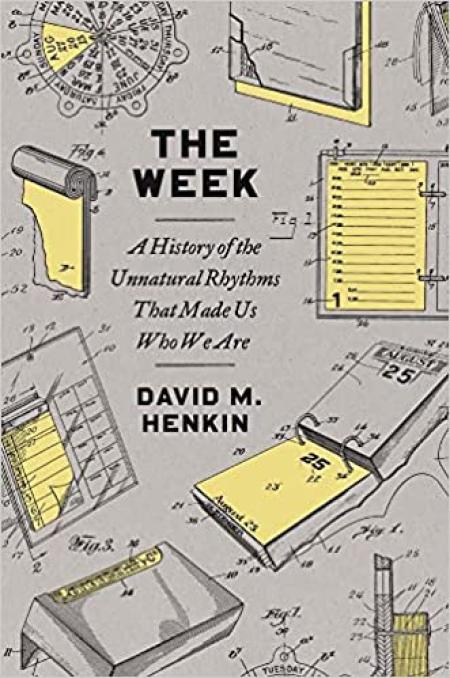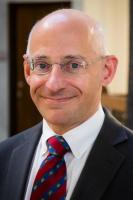
American Antiquarian Society
185 Salisbury Street
Worcester, MA 01609
United States
We take the seven-day week for granted, rarely asking what produces it or what it does to us. Yet weeks are not dictated by the natural order. They are, in fact, an artificial construction of the modern world, and the primary timekeeping unit to which people in the modern world have anchored their rhythms, their schedules, and their perceptions of the flight of time.
In conversation with Scott Casper, historian David Henkin will discuss his newest book, The Week: A History of the Unnatural Rhythms That Made Us Who We Are, in which he attempts to use newspapers, restaurant menus, theater schedules, marriage records, school curricula, folklore, housekeeping guides, city directories, personal correspondence, courtroom testimony, and diaries to reconstruct the weekly rhythms that emerged in the United States during the first half of the nineteenth century and to explore how weekly patterns insinuated themselves into the social practices and mental habits of Americans.

David Henkin has taught the social and cultural history of the United States at U.C. Berkeley for the past twenty-five years. His books, which include City Reading (1998), The Postal Age (2006), and Becoming America (2014, 2021, with Rebecca McLennan) were all enabled by research at the American Antiquarian Society. Born in Paris, raised in New York, he has spent most of his life in San Francisco.

Scott Casper was appointed the eighth president of the Society in December 2020. A historian of the nineteenth-century United States, he has been associated with AAS for three decades, beginning as a Peterson Fellow in 1990. Before joining AAS he served as dean of the College of Arts, Humanities, and Social Sciences and professor of history at the University of Maryland, Baltimore County, and as Foundation Professor of history at the University of Nevada, Reno. Scott is the author of Sarah Johnson’s Mount Vernon: The Forgotten History of an American Shrine (2008) and Constructing American Lives: Biography and Culture in Nineteenth-Century America (1999), which won the book prize of the Society for the History of Authorship, Reading, and Publishing.